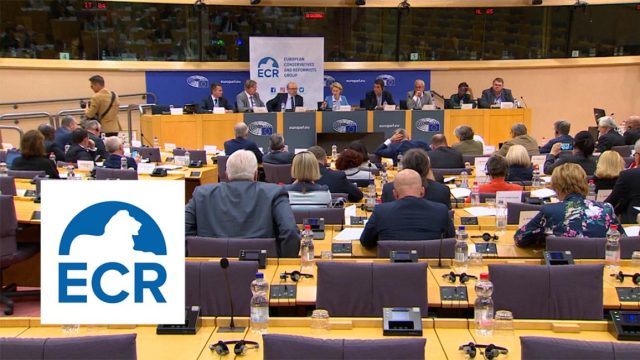
Until 25 July 2024, the European Parliament committees have a deadline for submitting to the Committee on Budgets their proposals for pilot projects and preparatory actions (so called PPPAs).
So far, the different Members of Parliament have pre-submitted 114 proposals. By mid-June, the European Commission will share its feedback.
The Socialist and Democrats Group has been the one to make more proposals, an amount of 35, for a total budget of over 70 million euros. However, the European People’s Party Group has surpassed all other groups in terms of budget, reaching a cost of over 113 million euros for its 26 proposals. The Greens/European Free Alliance Group ranks third, with 20 PPPAs for a total budget of 60 million euros. Renew’s 18 projects will cost 55 million euros. ID has only proposed a single project, for the enhancement of Europe’s outermost regions, with a cost of 50 million euros. The Left’s 9 projects have a budget of 12.5 million euros.
And what about the European Conservatives and Reformists? Indeed it is the most austere parliamentary group of all, as the ECR Members of the European Parliament only participate in 3 projects, with a modest cost of 5 million euros. Since the compound cost is 366.5 million euros, this means that ECR’s proportion accounts for just 1.4% – a real declaration of principle.
Let us take a look at the three PPPAs supported by ECR Members. The first one is “EU Academy”, an academic training project concerning both bodies of Law from the European Union and Ukraine, universities and institutions for Ukrainian students and young graduates, subsequently also extendable to Moldova, Georgia and countries of the Western Balkans.
The goal of this project is to train law students (but also students from the fields of political science and economics) and young academics in Ukraine and later also in other candidate countries in EU law and EU policy to prepare and to create an understanding of the reforms required for EU accession. In addition, it will prepare younger generations for positions in administration, politics, and business.
On the initiative of members of the European Law Students Association (‘ELSA’ with 69.000 Members spread over 43 European countries) alumni organisation, an initial outline of the training program has been developed in cooperation with universities in Austria Vienna Krems, Spain IE Madrid, Poland Jagiellonian Krakow and Ukraine Taras Shevchenko Kiev (and some more in the pipeline) and institutions in Belgium – Europacollege, Poland – Natolin and France Strasbourg ESC. This forms the basis for the training programme focused on the European Union acquis.
The budget for this project is 2.400.000 euros, with previewed payments during 2025 totalling 882.200 euros.
The second PPPA is a guide on designing sampling plans for small-scale cheese and dairy production with the aim of ensuring compliance with regulation at reasonable cost. ECR Dutch Member of the European Parliament Bert-Jan Ruissen is joining two other members, from the EPP and Greens groups, respectively, in order to revitalise rural life in border areas between member states by clarifying artisanal and farmhouse regulations, particularly with regard to sample analysis.
Depending on regions and Member States, competent authorities and/or auditors have different opinions on how a sampling plan for small-scale production should be established and implemented. A large number of products analyses are often requested. This approach to food safety control may be suitable for industrial structures which transform large quantities of milk into a small number of products. The situation is completely opposite for farm and artisanal producers characterized by small volumes and a large diversity of products. This causes a heavy administrative and financial burden for small producers and induces unbalanced conditions of competition (cost of analysis in relation to turnover).
A more flexible approach specific to this sector of activity would ensure effective control of our manufacturing at a more reasonable cost.
The budget for the project totals, 750.000 euros, out of which 50% of payments are committed during 2025.
The third PPPA’s title is “Improved Monitoring of Nature, Magnitude and Impact of Violence Against Police Officers in the EU”. Here, Mrs. Kanko supports four other Members from the EPP and RENEW groups in order to address physical and verbal violence against police officers in the EU, with national authorities expressing concern over the alarming rise in incidents, including Belgium, Spain, the Netherlands, Germany and France.
The project includes a comparative legal study across EU countries, with the goal of coming to a clear view of violence against police officers, as well as recommendations to improve comparability across Member States.
The budget for the PPPA is 3 million euros, out of which 2025 payments will amount for 50% of the budget.



 Subscribe
Subscribe